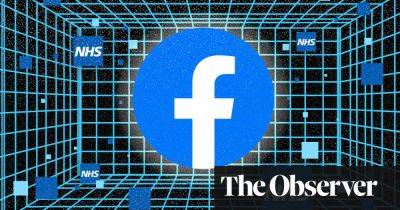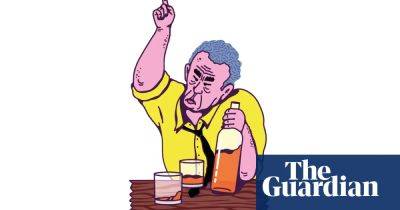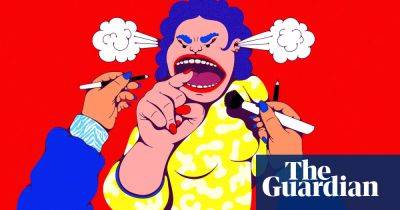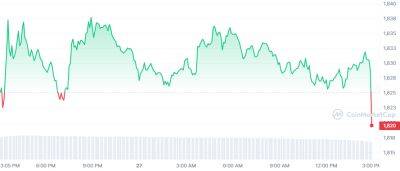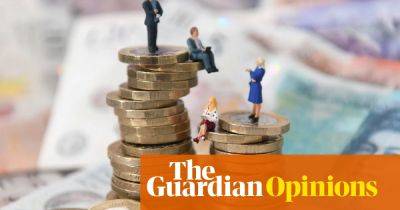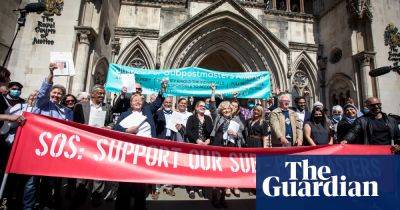Record numbers of British workers are sick. No wonder the economy is too. But there is a cure
B ritain has a sick economy. That’s not a metaphor for the flatlining of growth over the past year, but a statement of fact. Never before have so many people been out of the labour force due to long-term sickness or disability. Never before has there been such a loss of human potential.
Better health is desirable in itself. Ill-health makes people miserable, so it shouldn’t really matter whether or not there were economic benefits from reducing the number of people who might want to work if they fell well enough to do so. Gross domestic product is not everything.
But in this instance, fewer people inactive because of health issues would be good both for personal wellbeing and for the economy. It is a win-win as opposed to the current lose-lose.
Here’s how things currently stand. The number of people who say they are not looking for work because of long-term ill health rose by 86,000 in the first three months of 2023 to 2.55m and is now 438,000 higher than it was before the start of the pandemic three years ago.
Clearly, Covid-19 represented a serious blow to the nation’s health and put pressures on an already severely stretched NHS. Of that 438,000 increase, some will be suffering from long Covid, while others found the stress of lockdown followed by the cost of living crisis affecting their mental health.
There are two things that would help instantly: an end to the strikes that have been affecting the NHS for months, and extra investment to start clearing the patient backlog. The government’s long-running battle with nurses and junior doctors has been a spectacular own goal.
At the start of 2023 Rishi Sunak made five pledges. One was to have shorter NHS waiting lists, currently running at more than 7 million for England
Read more on theguardian.com




